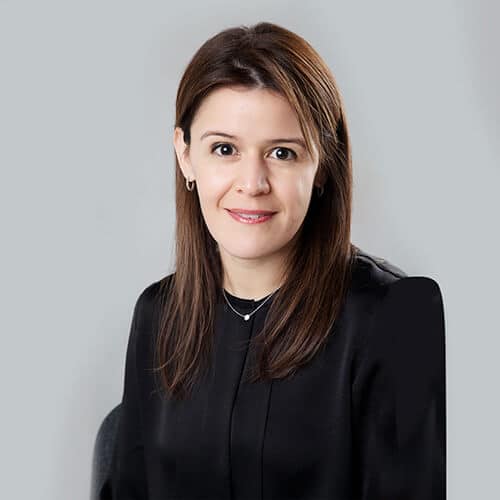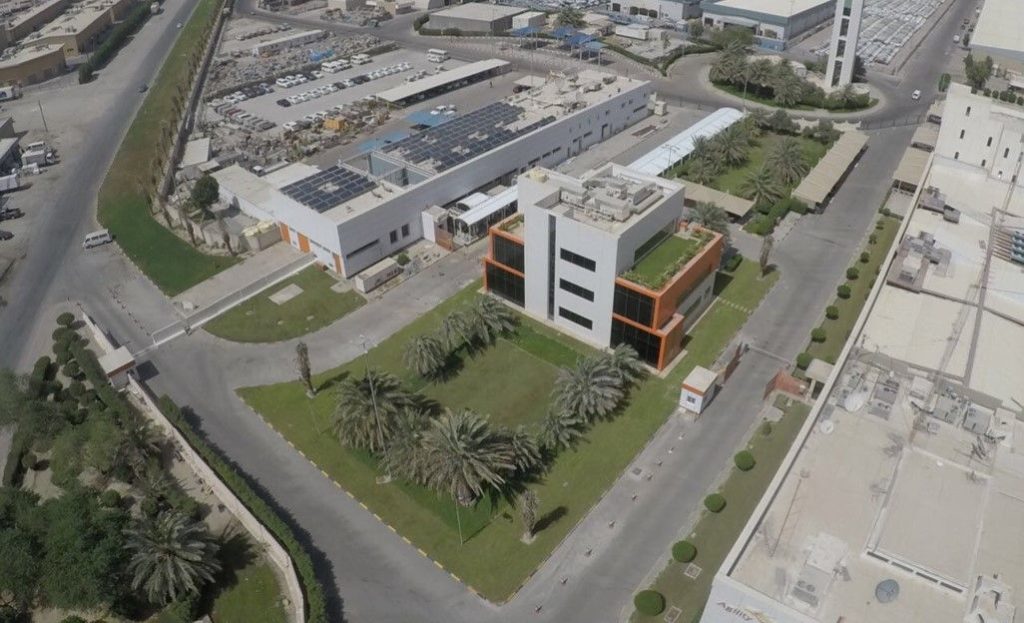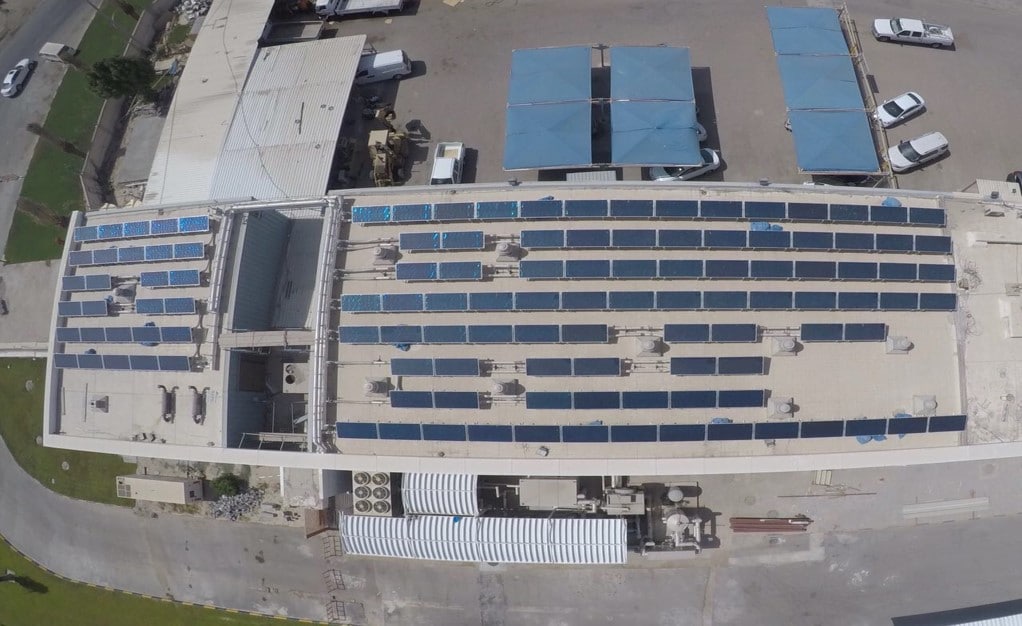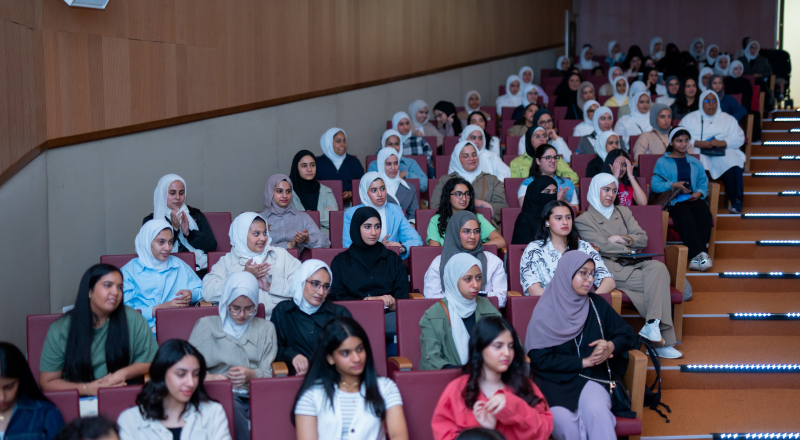
Head, Agility Ventures
I recently attended a Business Year conference on the role of the private sector in the future of the Kuwaiti economy. The event highlighted Kuwait’s potential to support a vibrant start-up community, but the need was clear for entrepreneurs to capitalize on the country’s digital transformation to drive innovation.
I spoke on a panel alongside entrepreneurs from other well-known Kuwaiti brands including Carriage and Just Clean. There were also insightful contributions from several others, including Kuwait’s Minister of Finance and the Director General of the Kuwait Direct Investment Promotion Authority (KDIPA).
We discussed the fact that while funding for SMEs is critical, a complete eco-system including incubators, talent, laws and other elements must be a part of the wider picture.
I’m encouraged because many of the essential components of a strong knowledge-economy eco-system are coming into place in Kuwait: public and private funding sources, incubators, accelerators and vital sources of mentorship, advice, connections and go-to-market expertise. Kuwait’s legal and regulatory framework is evolving in a positive way.
At Agility, we believe that established companies like ours have a key role to play in supporting SMEs, especially those in the Middle East. We do this both by building products that facilitate SME growth, and by directly providing funding, mentoring and other resources to startups in Kuwait and the broader region.
In March, we brought experts from the MIT Media Lab to Kuwait for the Agility Data Hackathon, a four-day event in which technology students, coders and entrepreneurs competed to solve real world societal and business problems with data and analytics. The idea: to bring together a new generation of Kuwait problem-solvers and encourage development of the collaborative, creative mentality critical to the future of Kuwait and its citizens.
Agility Ventures, our in-house venture capital arm, invests in and advises startups on supply chain ideas and technology. Startups we’ve supported so far include Homoola, a Saudi Arabia company using data analytics and technology to bring new efficiencies to road freight, and CargoX, a Brazilian road freight platform.
We’re also acting as role models, driving our own digital transformation through in-house innovation and investment and the introduction of new products and services. As part of our SME product strategy, we’re investing more than $100 million in Shipa, a new family of tech-enabled freight, e-commerce and delivery services that help small businesses reach international markets. New technologies can streamline the shipping process and make it easier for small businesses to reach overseas markets.
Can Kuwait transform itself into an innovation hub and a private sector-led knowledge economy? The Business Year conference showed that we have the right ingredients for a thriving startup community: funding initiatives, banking structures, connectivity, and well-placed consumers. Now we need to connect the ingredients so they form a healthy, integrated eco-system rather than existing in isolation or as part of fragmented networks. With key stakeholders leading the call for change and entrepreneurs driving innovation, a connected ecosystem will deliver lasting results.
A look at the Gulf region where solar energy has been a tough sell in the face of cheap electricity subsidized by governments with abundant oil and natural gas.
Standard photo-voltaic solar systems have proved vulnerable to searing desert heat and frequent sandstorms. System installation costs have been too high, and paybacks too long and uncertain.
Today however, after a prolonged period of low oil and gas prices, Gulf countries are reducing or eliminating subsidies to consumers and commercial customers. Ambitious national economic diversification plans call for energy conservation and mandate cuts in consumption, along with blueprints for development of green communities and cities deriving most if not all of their energy needs from renewable sources.
Technology advance
The introduction of revolutionary new high-vacuum solar thermal systems – a robust and highly efficient means for generating thermal energy – is proving to be a game-changer. Solar thermal is ideal for the intense Gulf heat and one particular type of high-vacuum technology is capable of operating with minimal output losses even after severe sandstorms.
Air conditioning for Agility’s corporate headquarters in Sulaibiya, Kuwait is provided by a solar-driven cooling system that ran automatically and unattended for over 365 days with 98 percent reliability. In addition to delivering consistent and reliable energy output, the system, powered by a solar field manufactured by TVP Solar, SA of Switzerland, contributed 43 percent of the points necessary for the new building’s LEED Sliver certification. Highest output is achieved from 10am to 3pm each day in a climate where outside temperatures can reach 54 degrees centigrade (129°F), supplying 70 percent of the facility’s required cooling load.
Investment
Agility has invested in TVP Solar and is introducing the technology to commercial and industrial customers, says Steve Lubrano, CEO of Alternative Energy Solutions, an Agility affiliate.
Lubrano says the solar-thermal system and its components are relatively maintenance-free and are integrated into existing buildings. Despite blowing sand and dust, users need not worry about precision cleaning of panels because of their remarkable efficiency and ability to capture both direct and diffuse light.
The technology is becoming even more attractive as electricity costs rise and solar-thermal payback periods fall from a previous six to nine years to a more feasible three to five years.
Interest is expected to intensify as Gulf governments look to expand and “green” their energy production capabilities to ensure supplies for new industry and for energy-intensive uses such as water desalination.
“Oil-dependent countries have come to realize that if they’re burning it, they can’t sell it. That might not be a problem today, but it will be down the road,” Lubrano says. “So we’re seeing a sea change. Kuwait, UAE, Saudi Arabia and others have implemented energy mandates and have made plans for cities powered almost exclusively by renewable sources. We’ve gone from a lack of interest to, wow, ‘You mean you can provide energy and reduce electricity demand at the same time?’ ”
When implemented at scale, Lubrano says, “Yes, we can.”
Oil-dependent countries have come to realize that if they’re burning it, they can’t sell it. That might not be a problem today, but it will be down the road.



